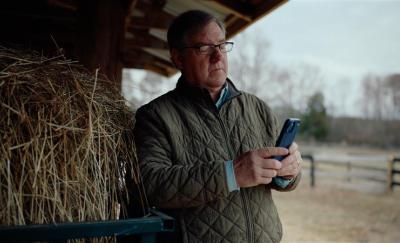 This brief summarizes findings from interviews conducted with participants in Pathways for Advancing Careers and Education (PACE), a rigorous evaluation of nine career pathways programs. Program applicants were randomly assigned to a treatment group that could access the career pathways program or a control group that could not. This brief describes the experiences of interviewees in the treatment group, two years after entering the study. Respondents reflect on the progress they’ve made on their chosen career pathways.
This brief summarizes findings from interviews conducted with participants in Pathways for Advancing Careers and Education (PACE), a rigorous evaluation of nine career pathways programs. Program applicants were randomly assigned to a treatment group that could access the career pathways program or a control group that could not. This brief describes the experiences of interviewees in the treatment group, two years after entering the study. Respondents reflect on the progress they’ve made on their chosen career pathways.
PACE was initiated in 2007 by the Office of Administration for Children & Families at the U.S. Department of Health & Human Services. Abt Global conducted this 10-year random assignment study looking at innovative career pathways systems that provide articulated educational steps, instructional and personal supports, and connections to employment.



